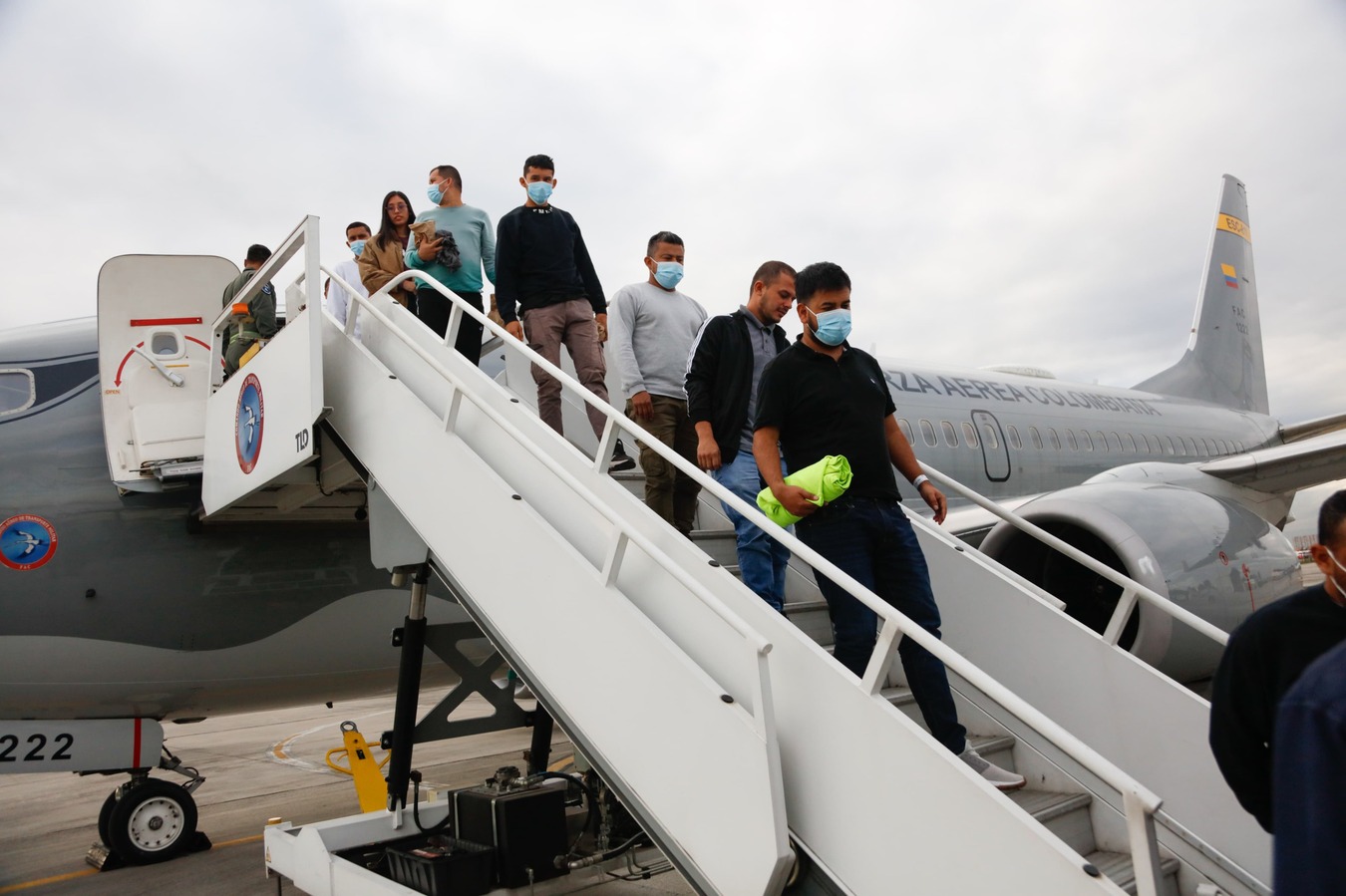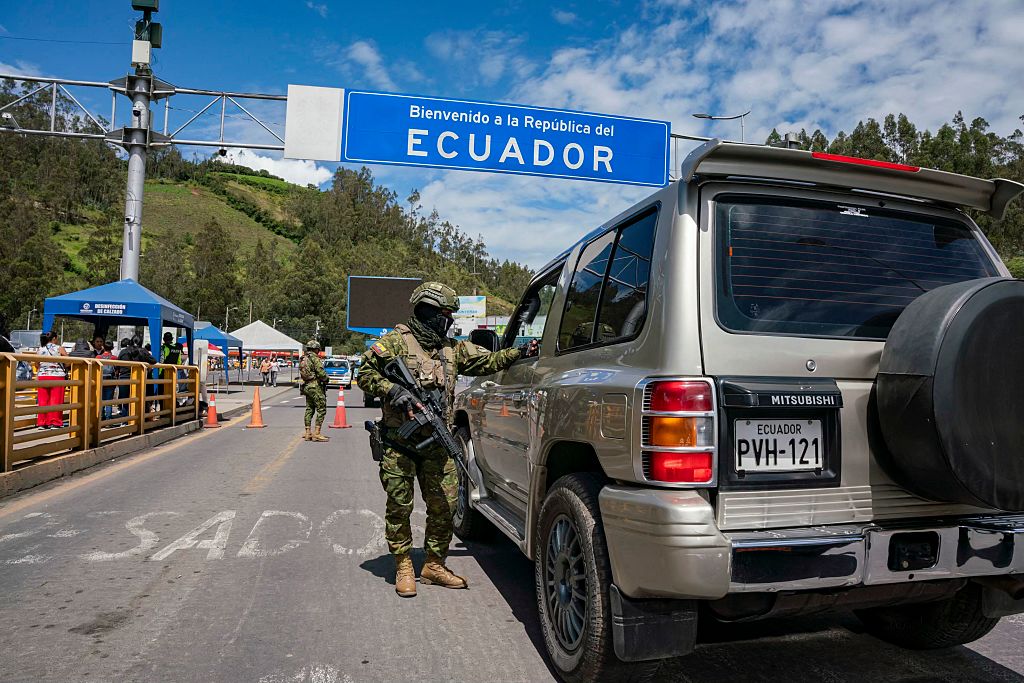Immigrant Integration Update: Nashville Media Outlets Connect Communities
Immigrant Integration Update: Nashville Media Outlets Connect Communities
In the first of its series looking at Hispanic immigrant integration in emerging gateway cities, AS/COA explores how radio and print media can help inform immigrants on topics like public safety and health care.
Topics in this update:
- Nashville Today
- Public Safety and Trust
- Health Care Outreach
- Hispanic Immigrant Contributions
In the first of an AS/COA series looking at Hispanic immigrant integration in the emerging gateway city of Nashville, this update explores the crucial role that media outlets play in the effective integration of this community. It explores how radio and print media can provide a forum for information dissemination and awareness raising on topics like public safety and health care.
The Hispanic immigrant population in Nashville grew by 78 percent from 2000 to 2007 and faces many of the challenges seen throughout the country. In this emerging immigrant gateway city, which first saw a large immigrant influx as part of the 1960s refugee resettlement programs, immigrants face language barriers and difficulties in accessing day-to-day information on topics ranging from health care services to housing and education. Thankfully, many businesses and community organizations have stepped up to the plate to help.
Spanish-language newspaper La Campana (The Bell), a biweekly bilingual local radio station La Mejor (The Best) are two such media outlets that contribute to immigrant integration. La Campana is the area’s largest Spanish-language circulated newspaper and La Mejor has the largest reach of any radio station in the area. Through information campaigns, including public safety and health care outreach, these two media outlets contribute to the security and overall well-being of Hispanic immigrants. Both La Campana and La Mejor also provide an important informational and cultural bridge between the host and immigrant communities.
One way that media can help to build trust within the immigrant population is to build relationships among communities. According to Ramón Cisneros, president of La Campana, the newspaper is committed “to improving the image of the Latino community and to optimizing the relationship between this population and the overall community.”
In April 2007, the Davidson County Sheriff’s Office signed on to 287(g), a memorandum of understanding with the federal government that allows local police to participate in immigrant enforcement, a duty traditionally reserved for federal authorities. Although Nashville is located within Davidson County, Nashville police do not have 287(g) authority. Nevertheless, with 287(g), the sheriff’s office has increased the number of undocumented immigrant deportations, with the Southern Poverty Law Center reporting that most of those deported were arrested on misdemeanor offenses.
These deportations have instilled fear in the community, with 73 percent of Latinos apprehensive about cooperating with the police, according to the Southern Poverty Law Center. Stephen Fotopulos, policy director for the Tennessee Immigrant and Refugee Rights Coalition, recently told The Nashville City Paper that the “program has had a very chilling effect on the immigrant community and immigrant community members are much less willing to interact with the broader community.”
Recognition of this distrust has led to renewed efforts to facilitate communication between the Nashville police department and Hispanic immigrants. Working in collaboration with the police department, La Mejor has organized street fairs where Nashville police officers and the Hispanic population can interact and build trust. Bradley Branson, general manager of La Mejor, emphasizes that these fairs are, above all, an opportunity to establish relationships. “The police force will be effective if there is an open dialogue with the community. During these fairs, people start putting faces with names and begin forming connections,” he says. La Campana hosted a number of interviews with police officers in an attempt to get the Hispanic community to better understand the appropriate dynamics for an interaction with an officer.
At the same time, the Metropolitan Nashville Police Department now offers an online survival Spanish course for its officers, and created “El Protector,” an outreach program designed in collaboration with community stakeholders to strengthen the relationship between the Hispanic community and the Metropolitan Nashville Police Department.
Beyond building trust, these media outlets are equipping the community with essential tools and information. In an effort to offer health care education, La Campana interviews physicians once a month as part of its Salud Hispana section. Topics include the different illnesses prevalent in the Hispanic community, how to manage such illnesses, and tips for understanding prescriptions and health insurance benefits. La Mejor partners with Conexión Americas, a community group based in Nashville, for its La Mejor Conexión radio program. Professionals ranging from immigration lawyers to physicians come on the program to lend advice relevant to their fields. Listeners can call in to get immediate answers to some of their most pressing concerns.
Hispanic Immigrant Contributions
But beyond allowing Hispanic immigrants to get the information and services they need, these media outlets are asking themselves a very important question: “How can the Hispanic community contribute to Nashville?” With this in mind, La Campana encourages readers to attend blood drives and sign-up for community service projects like park improvement projects. “People need to become involved,” says Cisneros, “It is when people are not involved that problems arise.” This involvement, in turn, allows the overall community in Nashville to see the contributions this new population is making to their city on a daily basis.








